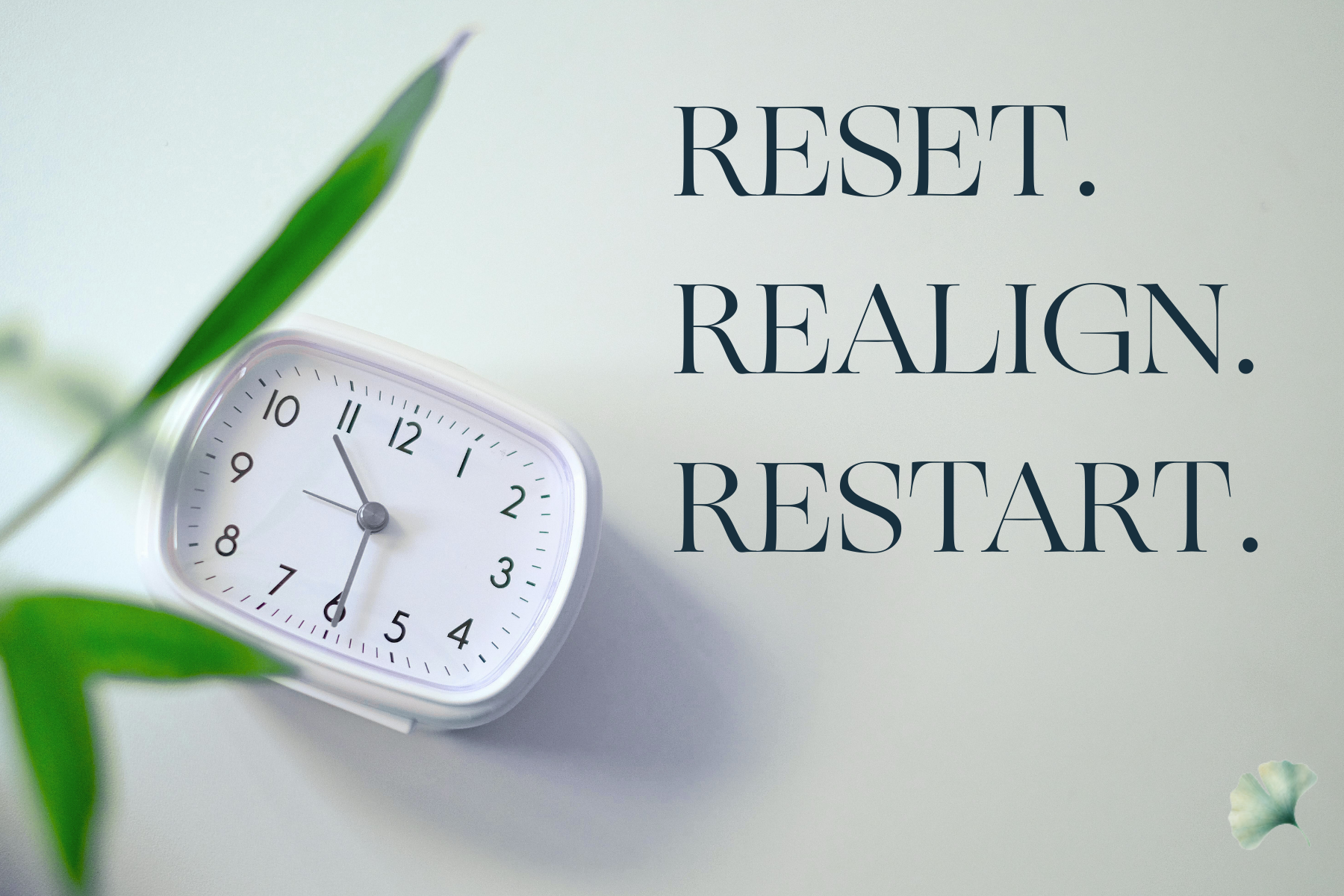A new academic year often brings a mix of emotions: hope, excitement, uncertainty, and sometimes, anxiety. Whether you’re starting college at Northwestern University or returning to another college in Chicago, it’s common to feel overwhelmed as expectations, social pressures, and responsibilities begin to pile up.
At Connections Health, we work with many students—undergraduates, graduate students, international students, and young adults—who experience anxiety at the start of a new school year. If you’re feeling the pressure, know this: you’re not alone, and support is available.
Here’s how to approach the semester with more clarity, confidence, and calm.
1. Acknowledge Your Anxiety Without Judgment
It’s normal to feel anxious when entering a new environment or facing the unknown. The key isn’t to make the anxiety disappear entirely, but to respond to it with understanding rather than judgment.
Try this: Name what you’re feeling without judgment. For example: “I’m feeling anxious about making friends,” or “I’m worried I’ll fall behind in my classes.” Identifying your fears helps reduce their power and gives you a starting point for support.
2. Break Down Academic Pressure into Manageable Steps
Academic anxiety can spiral when tasks feel too big or timelines too long. The brain interprets “I have five papers due this semester” as a threat. Reframing your to-do list into smaller, manageable steps can make schoolwork feel more approachable.
Try this: Set short-term goals like “Read one chapter today” or “Start a rough outline by Wednesday.” Build in buffer time and use tools like planners or apps to stay organized—while allowing flexibility if plans shift.
3. Create Routines That Ground You
When everything around you feels fast paced, having daily routines can help you feel more in control. Regular meals, sleep, movement, and even small rituals—such as making tea before studying—can help stabilize your nervous system and reduce anxiety.
Try this: Establish a simple morning and evening routine. It might include five minutes of breathing, journaling, or even listening to music. Consistency builds a sense of internal steadiness, even when your schedule changes.
4. Reach Out and Connect—You Don’t Have to Figure It All Out Alone
One of the most protective factors against school-related anxiety is connection. Whether through friendships, student groups, or therapy, building supportive relationships can help you feel seen and less alone.
At Connections Health, we offer therapy for college and graduate students in Evanston, including support tailored to the Northwestern University experience. If you’re managing academic pressure, identity development, cultural adjustment, or personal transitions, our clinicians provide a safe and nonjudgmental space to discuss and work through these challenges.
5. Explore Skills and Strategies in Therapy
Individual or group therapy can be a transformative space for unpacking your stressors, learning emotional regulation techniques, and building self-trust. Therapy isn’t just for when you’re struggling too much and too often—it’s a proactive step toward resilience and growth.
Our team is experienced in supporting:
- Anxiety therapy for students in Evanston
- LGBTQIA+ therapy for college students
- Support for international students navigating cultural transitions
- Academic and social stress management tools
Whether in person or online, we offer flexible therapy options that fit your schedule and lifestyle. Reach out today to schedule a consultation.
Related Articles
Attending college is a time of self-discovery, growth, and new experiences. But for many, the transition comes with emotional and psychological challenges - ones that can quietly build beneath the surface. One of the most common and misunderstood among them is depression. In a 2021–2022 survey of over 130 U.S. college campuses, 44% of students [...]
“To love ourselves and support each other in the process of becoming real is perhaps the greatest single act of daring greatly.” — Brené Brown, Daring Greatly We live in a world that values momentum, output, and progress. But healing and personal growth don’t always follow a straight path or a set timeline. If you’re [...]
Self-compassion is an element of the foundation of emotional well-being. It allows you to move through life with greater resilience, confidence, and kindness toward others and yourself. Yet, developing self-compassion isn’t something that happens automatically; it’s a practice intentionally cultivated over time. At Connections Health, we guide clients in building self-compassion as an ongoing, meaningful part [...]






